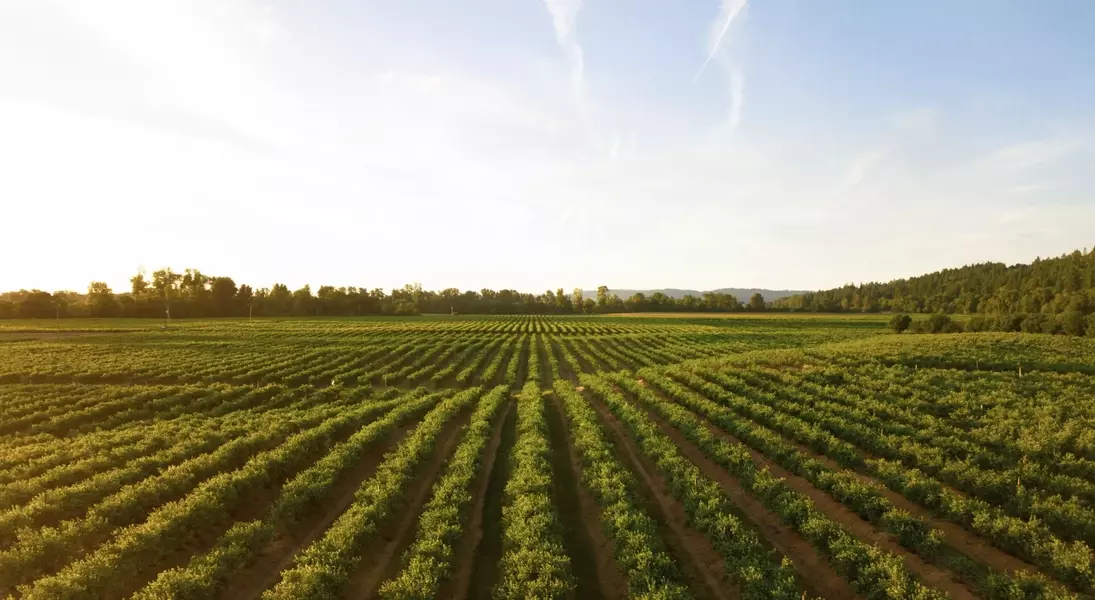
A groundbreaking initiative, spearheaded by climate solutions provider 3Degrees, is set to redefine sustainable practices in agricultural supply chains. This collaborative effort, known as the Low Carbon Fertilizer Alliance, unites key players from diverse sectors such as food, beverage, and apparel. Supported by founding member Mars and three additional Fortune 200 food companies, this alliance seeks to address a critical environmental challenge through innovative strategies. CF Industries, a prominent US-based nitrogen fertilizer producer, has also joined as the inaugural manufacturing partner, marking a significant step forward in reducing carbon footprints.
The focus of this alliance centers on tackling one of the largest contributors to global emissions—fertilizer production, which releases an estimated 2.6 gigatonnes of CO2e annually. Despite the availability of technologies capable of substantially cutting these emissions, access barriers often hinder their adoption. By pooling resources and expertise, the alliance aims to create scalable solutions for decarbonizing fertilizer manufacturing processes. A notable project supported by this collaboration involves CF Industries' nitric acid plant emissions abatement initiative at its Verdigris, Oklahoma facility. Expected to commence this year, this endeavor anticipates an annual reduction of 600,000 metric tons of CO2e emissions, leveraging urea ammonium nitrate solution—a widely used fertilizer across the United States.
Innovative frameworks developed by the alliance’s technical working group provide essential guidance for integrating these interventions into corporate sustainability strategies. This framework ensures credibility and alignment within the industry while facilitating meaningful progress toward reducing upstream emissions. As Autumn Fox, Global Sustainability Director at Mars, emphasizes, collective action not only enhances accountability but also fosters genuine advancements in decarbonizing farming inputs. Membership in the alliance remains open to any company involved in manufacturing, trading, or selling products reliant on North American agriculture, inviting widespread participation in this transformative movement.
Through collaboration and shared commitment, industries can overcome challenges posed by upstream emissions, fostering a more sustainable future for agriculture. This initiative exemplifies how collective efforts can lead to impactful changes, promoting both environmental stewardship and economic growth. By embracing such alliances, businesses contribute positively to global emission reductions, demonstrating that unity and innovation are powerful forces for good in addressing climate change.
